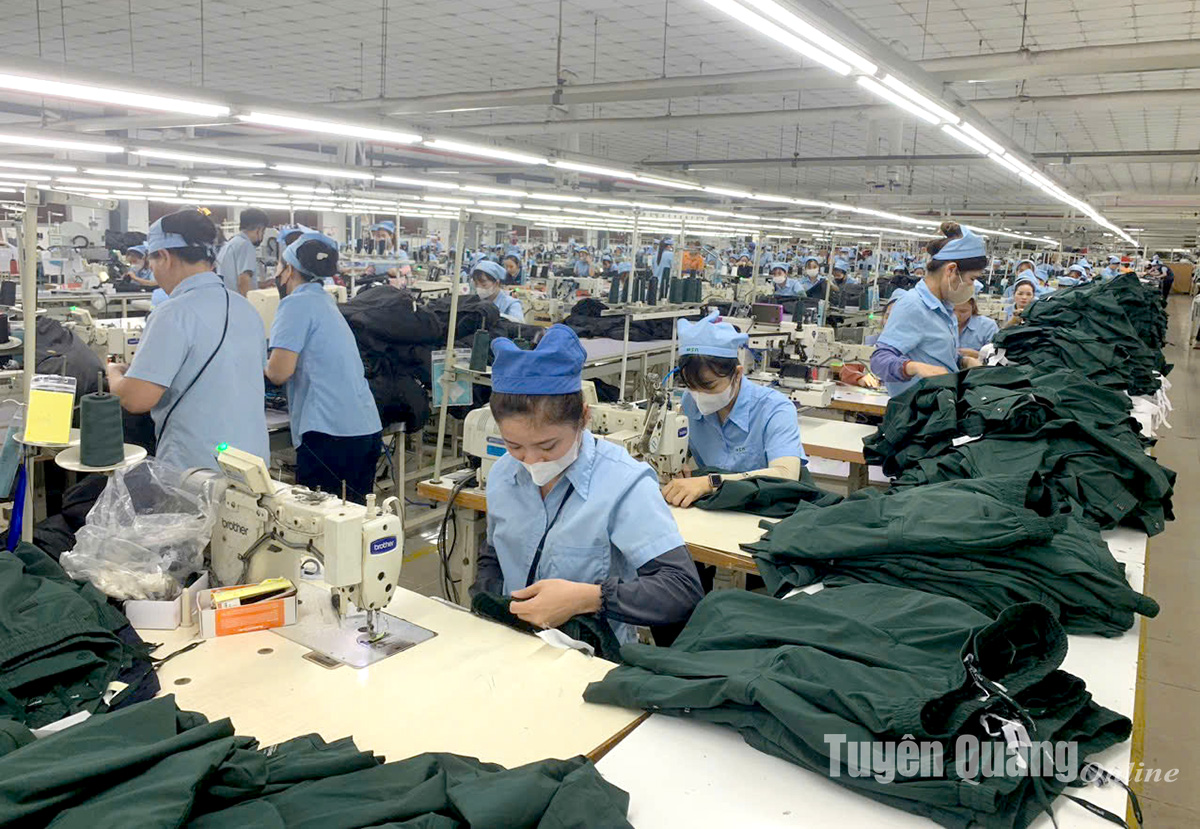
In the face of tariff fluctuations, many opinions say that businesses need to strengthen their export structure to have a more autonomous and sustainable development strategy. Businesses need to improve product quality and meet strict requirements because this not only helps businesses overcome legal barriers but also builds trust with consumers and partners in the import market.
Vietnamese businesses cannot be passive, but must proactively shape a long-term adaptation strategy. According to experts, some pillars of action to limit risks are: Standardizing and making the supply chain transparent; investing in digital traceability (blockchain, QR code, digital barcode) to prove legality, validity and clear domestic origin; clearly separating domestic raw materials, imported from countries with high risk of strong international trade conflicts with the US; registering trademarks, HS codes, and certification records from the beginning to be ready to provide evidence when investigated. In addition, businesses need to improve their legal capacity and respond to trade defense. Enterprises need to shift from low-cost processing to high-value creation, escaping the model of dependence on raw materials, low prices, processing which is easily accused of dumping, etc.
With the economic diplomacy efforts of the Party and State leaders in recent days, along with the willingness to join hands from business associations in the context of new tariffs like today, we have more motivation to accelerate adjustment, innovation, and seriously participate in the global game, with our own labor, which is a sustainable direction in the new context.

Comment
Print